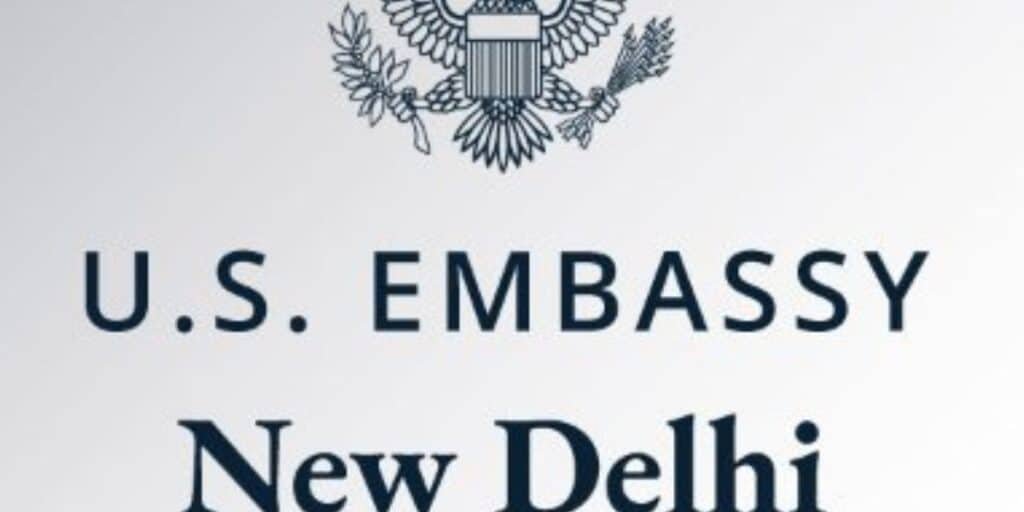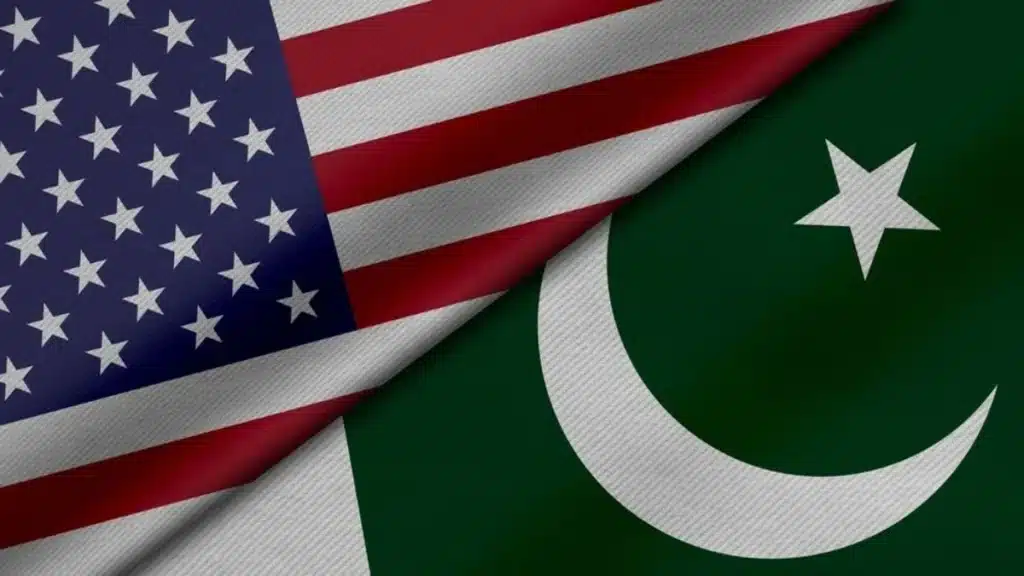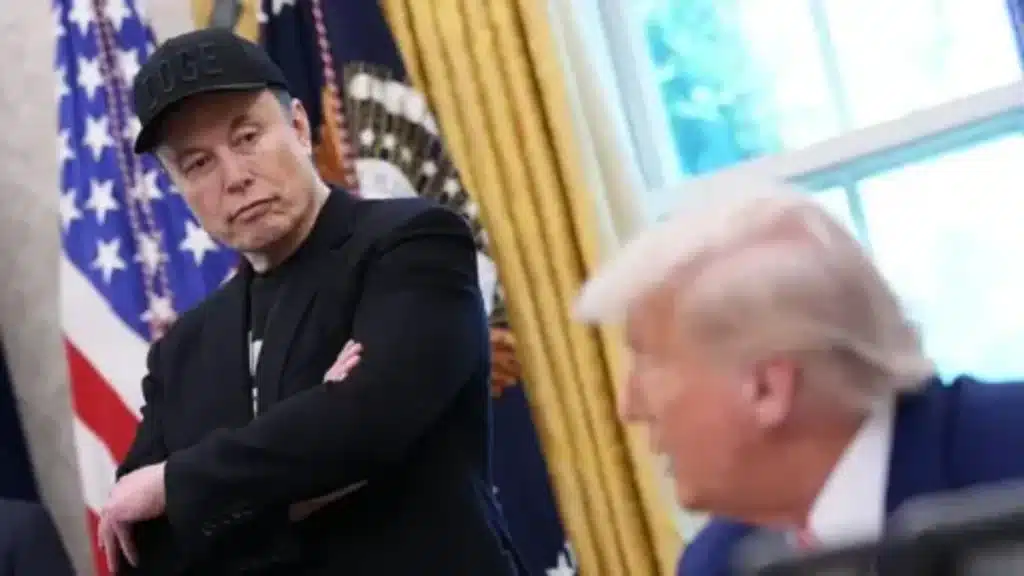WEBDESK: Today marks the 50th anniversary of one of the darkest chapters in India’s political history: the 1975 Emergency. Declared by then Prime Minister Indira Gandhi, it was a period when democratic rights were suspended, the press was censored, and political opponents were thrown into jail. For 21 months, from 1975 to 1977, India’s Constitution was overridden in what many described as a lawful dictatorship.
The Emergency was triggered after Gandhi’s election victory in 1971 was declared invalid by the Allahabad High Court due to electoral malpractice. Facing growing protests and criticism, she responded by seizing absolute power. It was a visible, formal attack on democracy, condemned both within India and abroad. In 1977, when elections were finally held, Gandhi was voted out decisively, and India restored its democratic order though the scars of that time remained.
Modi’s India: An Undeclared Emergency
Half a century later, India faces a different but equally alarming crisis. Under Prime Minister Narendra Modi’s rule since 2014, experts, human rights groups, and scholars have described the situation as an “undeclared emergency”. The signs are clear though no formal declaration has been made, democracy in India is being slowly dismantled from within.
Unlike 1975, today’s erosion of rights and freedoms happens under the cover of electoral legitimacy. Reports by respected international organisations like V-Dem and Freedom House in 2025 have labelled India an “electoral autocracy” and “partly free”. The government, while claiming to uphold democratic values, has steadily undermined the independence of institutions, weakened the judiciary, silenced dissent, and criminalised criticism.
A More Dangerous Crisis Than 1975 Emergency
What makes the current situation more dangerous, is its quiet and systematic nature. Under Gandhi, authoritarianism was personal, visible, and temporary. In Modi’s India, it is structural, ideological, and increasingly normalised.
Minorities, especially Muslims, have faced rising persecution. Civil liberties are routinely violated. Laws like the Unlawful Activities (Prevention) Act and sedition are used against students, journalists, and activists. Political scientist Christophe Jaffrelot has warned of a creeping Hindu rashtra a Hindu nationalist state replacing India’s secular democratic identity.
In Kashmir, the Modi government continues to enforce brutal repression, denying people their basic human rights. Freedoms of speech, movement, and assembly remain heavily restricted. The region lives under constant surveillance, with voices of dissent silenced through force and fear.
India stands increasingly isolated on the global stage, with no meaningful international support in its conflicts, including against Pakistan. During recent tensions, several nations maintained ties with Pakistan while distancing themselves from India’s aggressive posturing. Modi’s reckless policies and hardline choices have left the country diplomatically cornered and alone.
Indian legal scholar Arvind Narrain notes that Modi’s government goes beyond traditional authoritarianism. Instead of declaring an emergency, it uses legal tools and bureaucratic control to quietly dismantle constitutional values, while presenting itself as a democracy.
The populist energy that drove Gandhi’s Emergency is now turbocharged by digital media and mass communication under Modi, rooted in a deeper ideological project with longer-lasting consequences.
History Rewritten for Political Gain
As the BJP marks the 50th anniversary of the 1975 Emergency to criticise the Congress party, critics have pointed out the glaring hypocrisy. As we know that Modi’s rule has been far harsher and more damaging to India’s democratic fabric than Gandhi’s ever was.
The irony is difficult to miss. While pointing fingers at the past, Modi seems determined to repeat and worsen the very mistakes it claims to oppose.






